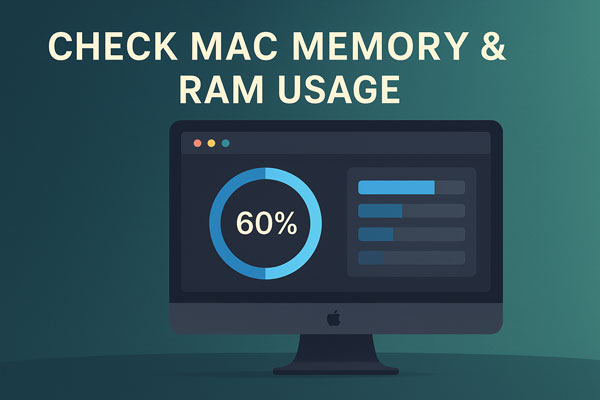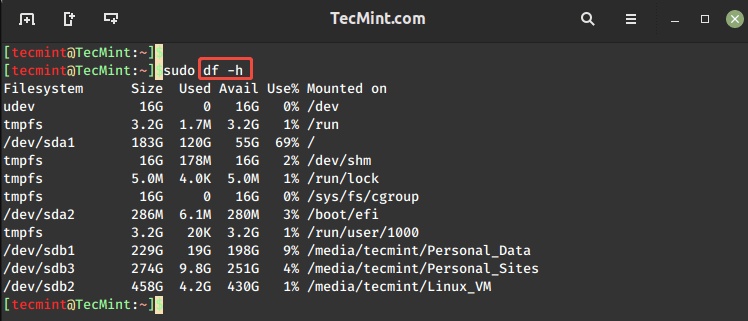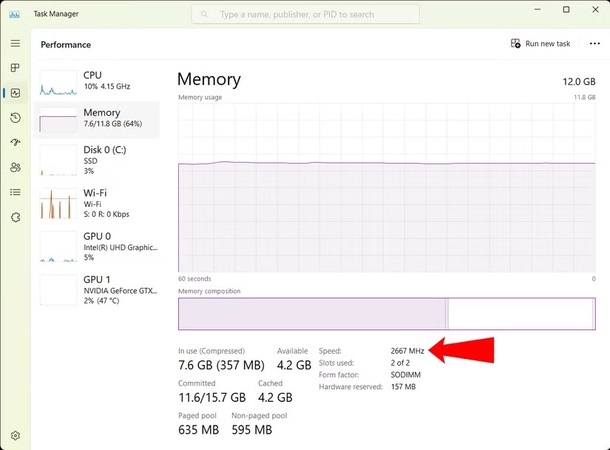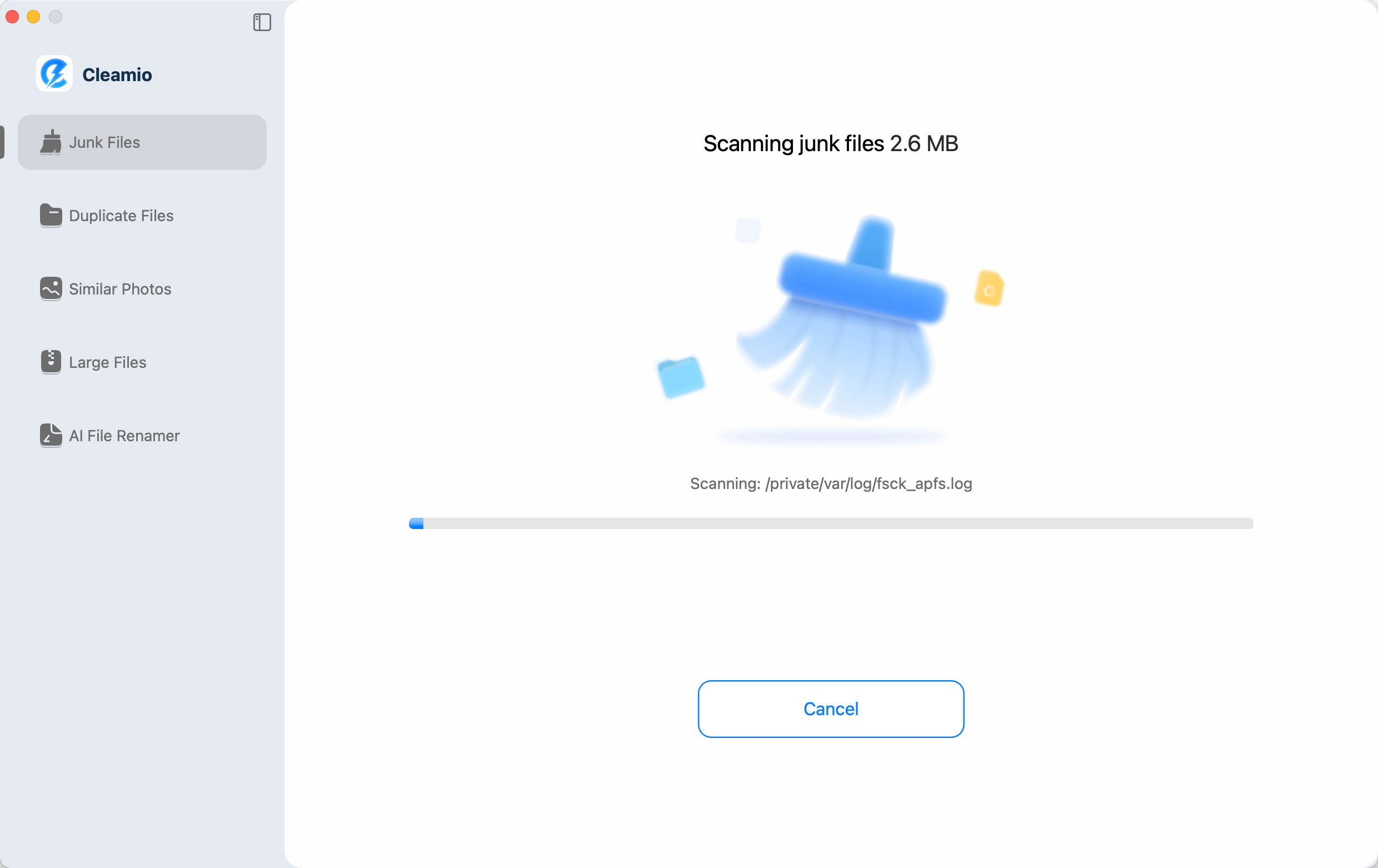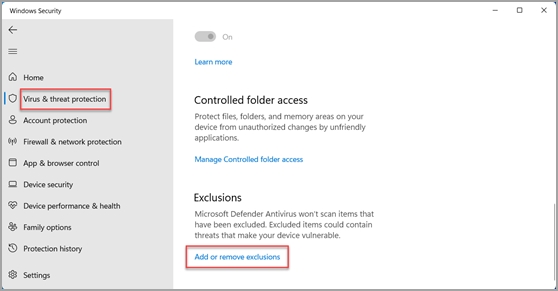How to Check CPU Usage on Mac [Best Mac App to Check CPU Usage]
Have you ever wondered why your Mac slows down or gets hot sometimes? Using a Mac app to check CPU usage can help you find out which apps or processes are using most of your Mac's power. Monitoring CPU usage helps you keep your Mac running smoothly, avoid overheating, and fix performance issues before they become a problem.
In this article, we will show you easy ways to check your Mac's CPU, including built-in tools and the best apps that make it simple to see what's happening inside your system.
Part 1. Why Monitoring Mac CPU Usage Is Essential for Mac Users
Keeping an eye on your Mac's CPU is more important than many users realize. Here are some reasons why mac checking CPU usage regularly is essential:
-
Identify Resource-Hungry Apps: Some apps may use too much CPU without you noticing, slowing down your Mac. Monitoring helps you spot these apps quickly.
-
Prevent Overheating: High CPU usage generates heat. By keeping track, you can prevent your Mac from getting too hot and protect its hardware.
-
Improve Performance: When you know which processes are using your CPU, you can close unnecessary apps and make your Mac faster.
-
Extend Battery Life: Reducing heavy CPU usage helps save battery, especially on MacBooks.
-
Troubleshoot Issues: If your Mac freezes, lags, or runs fan loudly, checking CPU usage can show what's causing the problem.
-
Plan Upgrades or Maintenance: Consistently high CPU usage might mean it's time to upgrade memory or clean your Mac.
Monitoring tools allow you to show CPU usage on Mac in real time, giving you control over your system and helping your Mac run smoothly.
Part 2. How to Check CPU Usage on Mac Using Built-in Tools
Monitoring your Mac's CPU usage doesn't require third-party apps. macOS offers built-in tools that make it easy to check Mac CPU usage and identify performance issues.
1. Using Activity Monitor
✨ Best For: Quick, visual CPU checks with macOS’s built-in tool
Activity Monitor is the primary tool for monitoring system performance on your Mac. It is macOS’s built-in system utility for tracking performance. You can open it via "Applications" → "Utilities" (or "Spotlight"), then click the CPU tab to see processes sorted by CPU use. You can also show a live CPU graph in a window or in the Dock for continuous monitoring.
Steps to Check CPU Usage:
-
Open Activity Monitor: Navigate to Applications > Utilities > Activity Monitor. Alternatively, press Command + Space, type "Activity Monitor," and hit Enter.

-
View CPU Usage: Click on the CPU tab to see a list of processes and their CPU usage percentages.
-
Sort by CPU Usage: Click on the "% CPU" column header to sort processes by usage. This helps identify which apps consume the most resources.
-
Monitor CPU Usage in Real-Time: Go to Window > CPU Usage in the menu bar to open a live graph of CPU activity.
-
Show CPU Usage in the Dock: In Activity Monitor, click View > Dock Icon > Show CPU Usage. A graph will appear in your Dock and update in real-time as CPU usage changes.
Quick Ways to Check Disk Space on Linux, Mac, and Windows [Beginner-Friendly Guide]
2. Check CPU Usage on Mac Terminal
✨ Best For: Fast, lightweight CPU monitoring via command line
For users who prefer the command line, the Terminal app provides a way to check CPU usage. That displays snapshots showing CPU usage percentages for user, system, and idle processes. This approach is lightweight, fast, and helpful for quick checks without a GUI.
Steps to Use Terminal:
-
Open Terminal: Go to Applications > Utilities > Terminal or press Command + Space, type "Terminal," and hit Enter.
-
Run the Top Command: Type the following command and press Enter: top -l 2 | grep -E "^CPU"

This command shows the percentage of CPU used by user processes, system processes, and idle time.
The top command provides a snapshot of CPU usage at the moment it's run. For continuous monitoring, Activity Monitor or third-party apps are more convenient.
Part 3. Best Mac App to Check CPU Usage
App 1. Tenorshare Cleamio
✨ Best For: Comprehensive system optimization with real-time CPU monitoring.
Tenorshare Cleamio is an AI-powered utility that deeply cleans and optimizes Macs by removing junk files, duplicates, similar photos, and large files, freeing up to 17GB of space and reducing Finder lag by up to 67%.
Its standout Mac Status Center dashboard delivers real-time monitoring usage of memory, CPU, disk usage, startup items, network status, and cleaning history, tracking freed space (e.g., 246GB) and boot times (from 45s to 12s). Effortlessly, it contributes to proactive system maintenance and peak performance.
Secure Download
-
Click the Mac Status Center icon in the top menu bar. From the dropdown, choose the CPU and Memory modules to check their usage.

-
Click Details to see real-time usage for both CPU and memory.

-
If you notice high usage, click the Remove button to close unnecessary apps. End app processes to reduce CPU load.

- Pros
- Cons
-
- User-friendly interface.
- Real-time CPU and memory monitoring.
- Comprehensive system optimization tools.
- Regular updates and support.
- Safe and secure with Apple notarization.
-
- Some advanced features require a paid version.
App 2: iStat Menus
✨ Best For: Advanced users seeking detailed system monitoring.
iStat Menus is a powerful third-party utility that lives in your menu bar. It provides in-depth and real-time monitoring of CPU, GPU, memory, disk usage, network, sensors, and more, directly from the menu bar. This smart tool is highly customizable, allowing you to choose which stats to display, set update intervals, and view detailed historical performance charts.
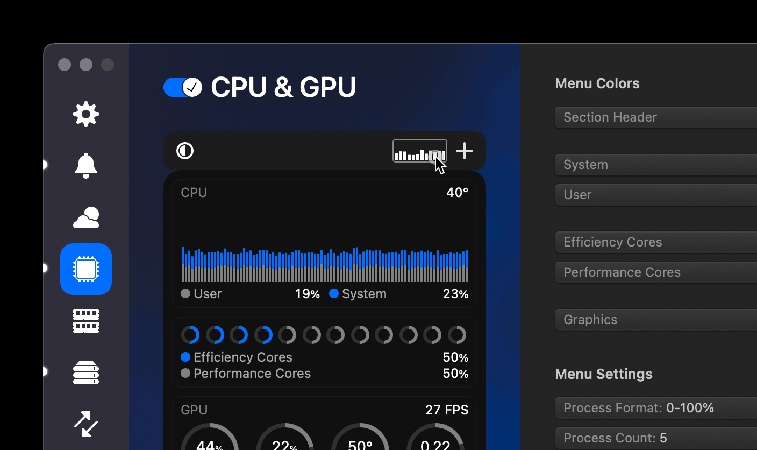
- Pros
- Cons
-
- Comprehensive system statistics.
- Customizable interface.
- Real-time data updates.
- Supports multiple sensors and metrics.
- Lightweight and efficient.
-
- Paid application.
- May be overwhelming for casual users.
- Requires macOS 10.13 or later.
App 3: HWMonitor
✨ Best For: Monitoring hardware sensors and temperatures.
HWMonitor provides detailed information about your Mac's hardware sensors. It focuses on exposing your Mac’s hardware sensor readings and reports CPU temperature, voltages, fan speeds, and other internal metrics. While it doesn’t offer advanced system-level graphs or control, it’s a simple, free tool for keeping an eye on real hardware parameter fluctuations.
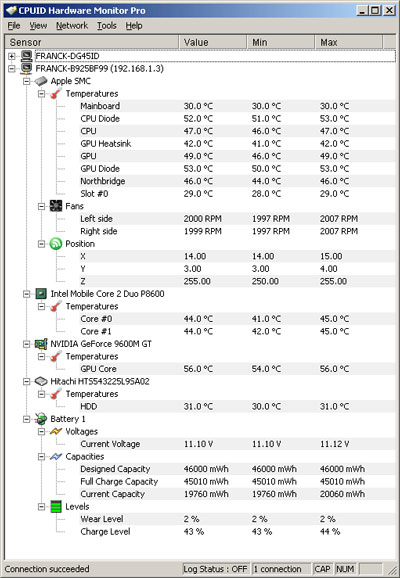
- Pros
- Cons
-
- Displays detailed hardware sensor data.
- Free to use.
- Simple and straightforward interface.
- Supports various Mac models.
- Lightweight application.
-
- Limited system monitoring features.
- Interface may appear outdated.
- Does not offer real-time CPU usage graphs.
App 4: Mac Fan Control
✨ Best For: Controlling fan speeds and monitoring temperatures.
Mac Fan Control is primarily aimed at controlling and monitoring fan speeds, but it also displays temperature readings for CPU, GPU, and other components. It helps users manually adjust fan behavior to manage heat more aggressively or quietly. It’s useful for users looking to counter overheating or tailor cooling profiles.
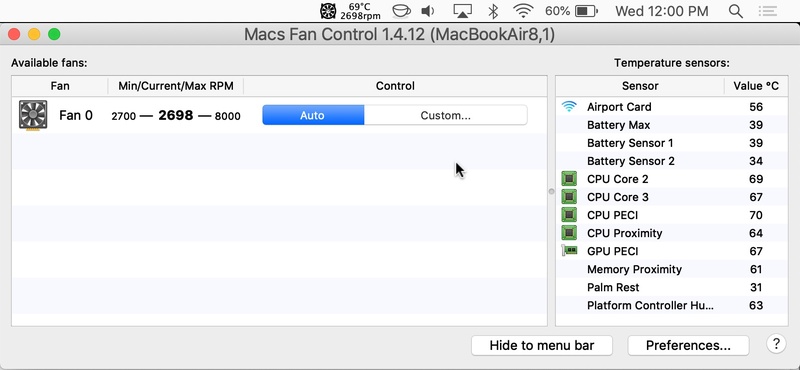
- Pros
- Cons
-
- Allows manual fan speed adjustments.
- Displays temperature readings.
- Helps prevent overheating.
- Free to use.
- Compatible with Intel and Apple Silicon Macs.
-
- Limited system monitoring features.
- May not be necessary for all users.
- Manual fan control may void warranties.
App 5: Temp Monitor (now Mac Monitorly)
✨ Best For: Monitoring CPU and GPU temperatures.
Temp Monitor (rebranded as Mac Monitorly) provides real-time temperature readings for your Mac's CPU and GPU, helping you keep track of system health. Although it doesn’t provide full resource monitoring or fan controls, it gives a lightweight and easy way to keep your system’s thermal state in view. It’s ideal for users who just want basic temperature oversight.
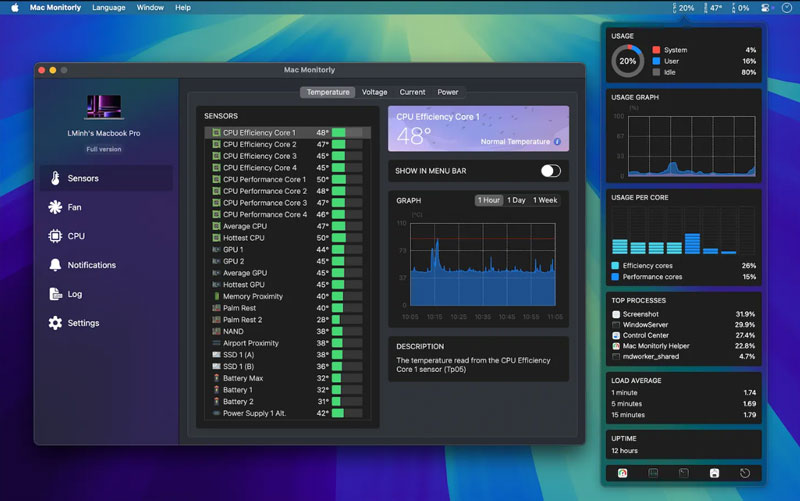
- Pros
- Cons
-
- Real-time temperature monitoring.
- Displays CPU and GPU temperatures.
- Lightweight application.
- Free to use.
- Simple and easy-to-use interface.
-
- Limited system monitoring features.
- May not offer detailed insights for advanced users.
- Does not provide fan control options.
App 6: Intel Power Gadget
✨ Best For: Monitoring power usage and CPU frequency.
Intel Power Gadget is a tool designed for Macs with Intel processors that exposes real-time CPU frequency, power consumption, and energy counter data. It helps you observe how your processor behaves under load, monitoring how clock speeds and energy use evolve over time. However, it’s limited to Intel-based Macs and may not work on newer Apple Silicon models.
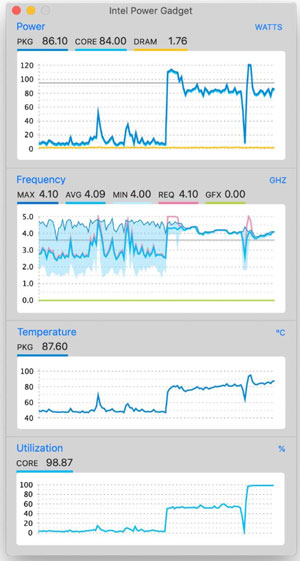
- Pros
- Cons
-
- Provides real-time power usage data.
- Displays CPU frequency and power consumption.
- Free to use.
- Compatible with Intel Core processors.
- Offers historical data logging.
-
- Limited to Intel processors.
- May not be compatible with newer macOS versions.
- Lacks detailed system monitoring features.
People Also Ask about Checking CPU Usage on Mac
Q1: How to check temperature of CPU on Mac?
You can use apps like Tenorshare Cleamio, HWMonitor, Mac Fan Control, or Temp Monitor to see real-time CPU temperatures on your Mac.
Q2: Is there a way to see CPU Usage on Mac?
Yes! You can use Activity Monitor, Terminal commands, or Mac apps like Tenorshare Cleamio and iStat Menus to view CPU usage.
Q3: How much CPU Usage is normal on a Mac?
Normal CPU usage depends on what apps are running. Idle Macs usually show 1--10% usage. Heavy apps like video editing may push it higher temporarily.
Q4: How to check for high CPU Usage on Mac?
Open Activity Monitor or use a Mac app to monitor CPU usage. Look for processes consuming unusually high CPU percentages and close unnecessary apps.
Q5: Is there a performance manager for Mac?
Yes. Tools like Tenorshare Cleamio and iStat Menus act as performance managers, helping you monitor CPU, memory, and optimize your Mac.
Q6: How much CPU usage for Mac OBS should I use?
OBS usage varies by resolution and settings. For smooth performance, keep CPU usage under 70--80% while streaming or recording, and monitor with an app if needed.
Conclusion
In summary, keeping track of your Mac's performance is essential, and using a reliable Mac app to check CPU usage makes it easy. From built-in tools like Activity Monitor to advanced apps, you can monitor CPU, memory, and system health. Among all options, Tenorshare Cleamio stands out for its user-friendly interface, real-time CPU and memory monitoring, and system optimization features, making it the best choice to keep your Mac running smoothly.
Secure Download
💡 Summarize with AI:
You May Also Like
- Home >>
- Remove Duplicates >>
- How to Check CPU Usage on Mac [Best Mac App to Check CPU Usage]

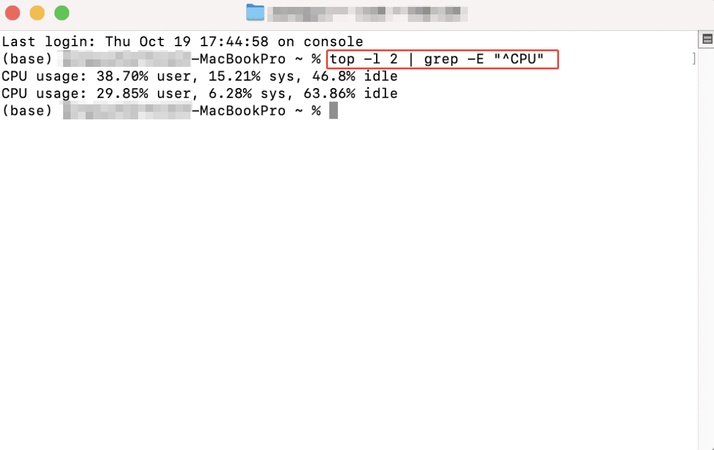
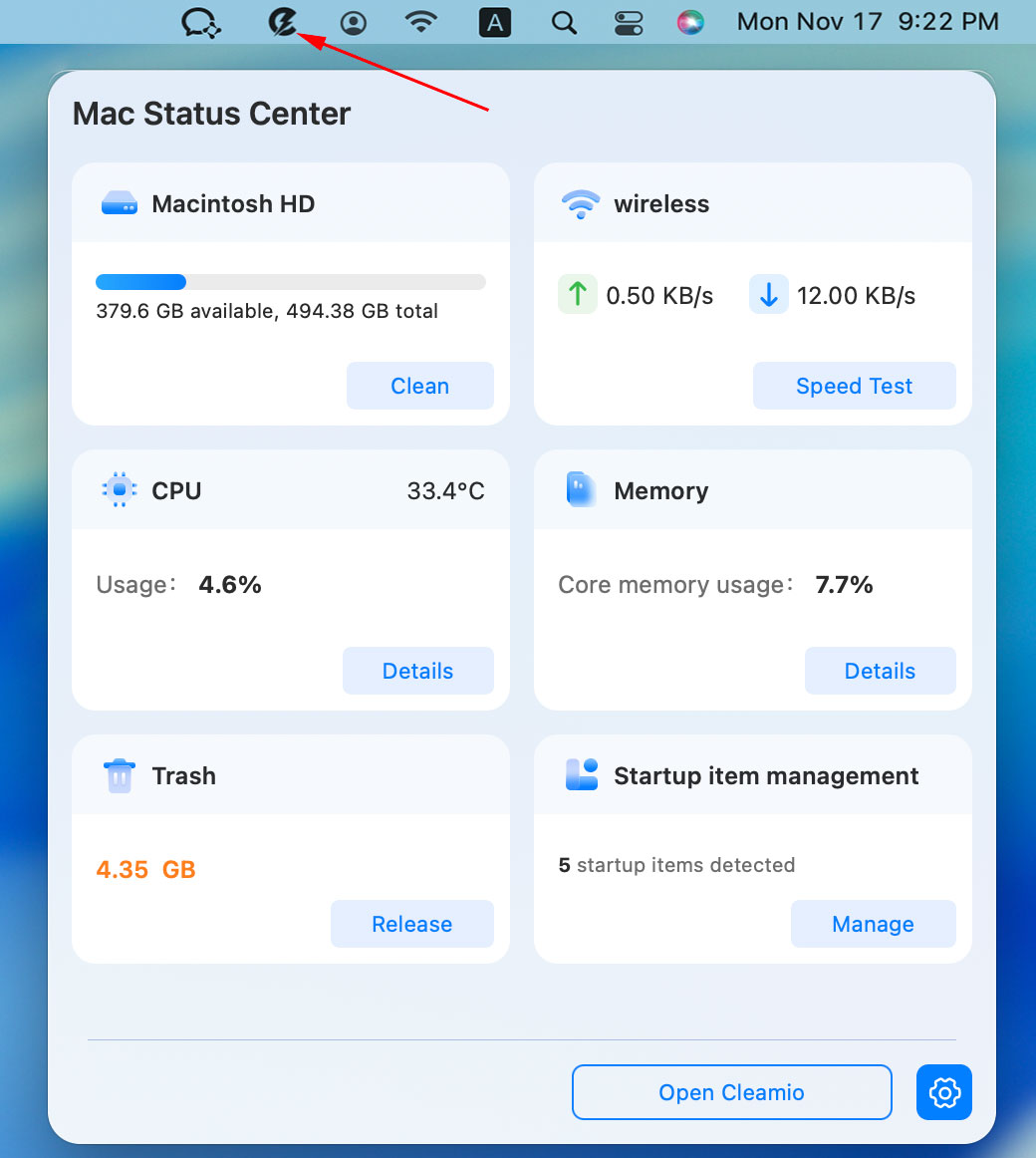
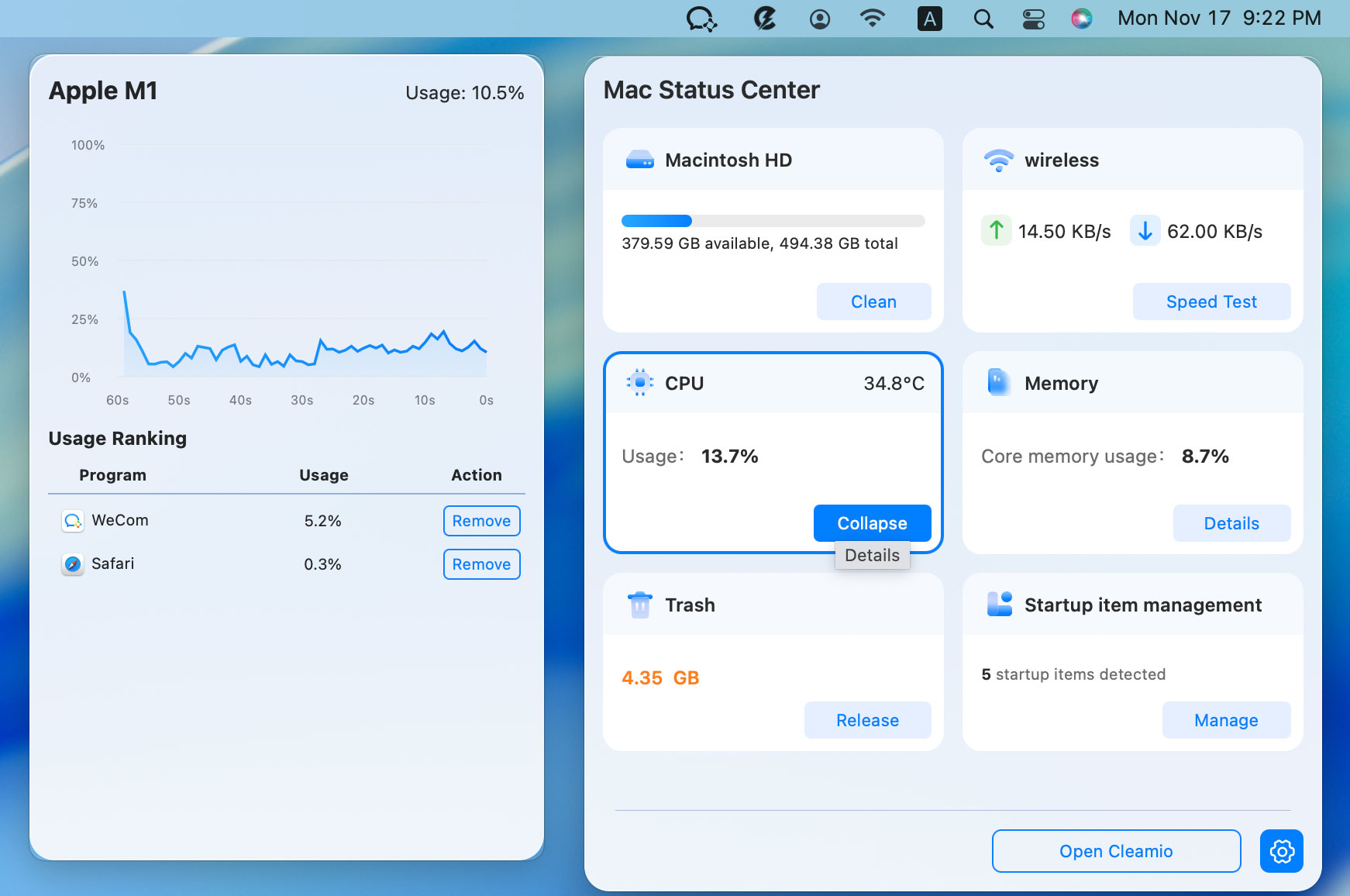
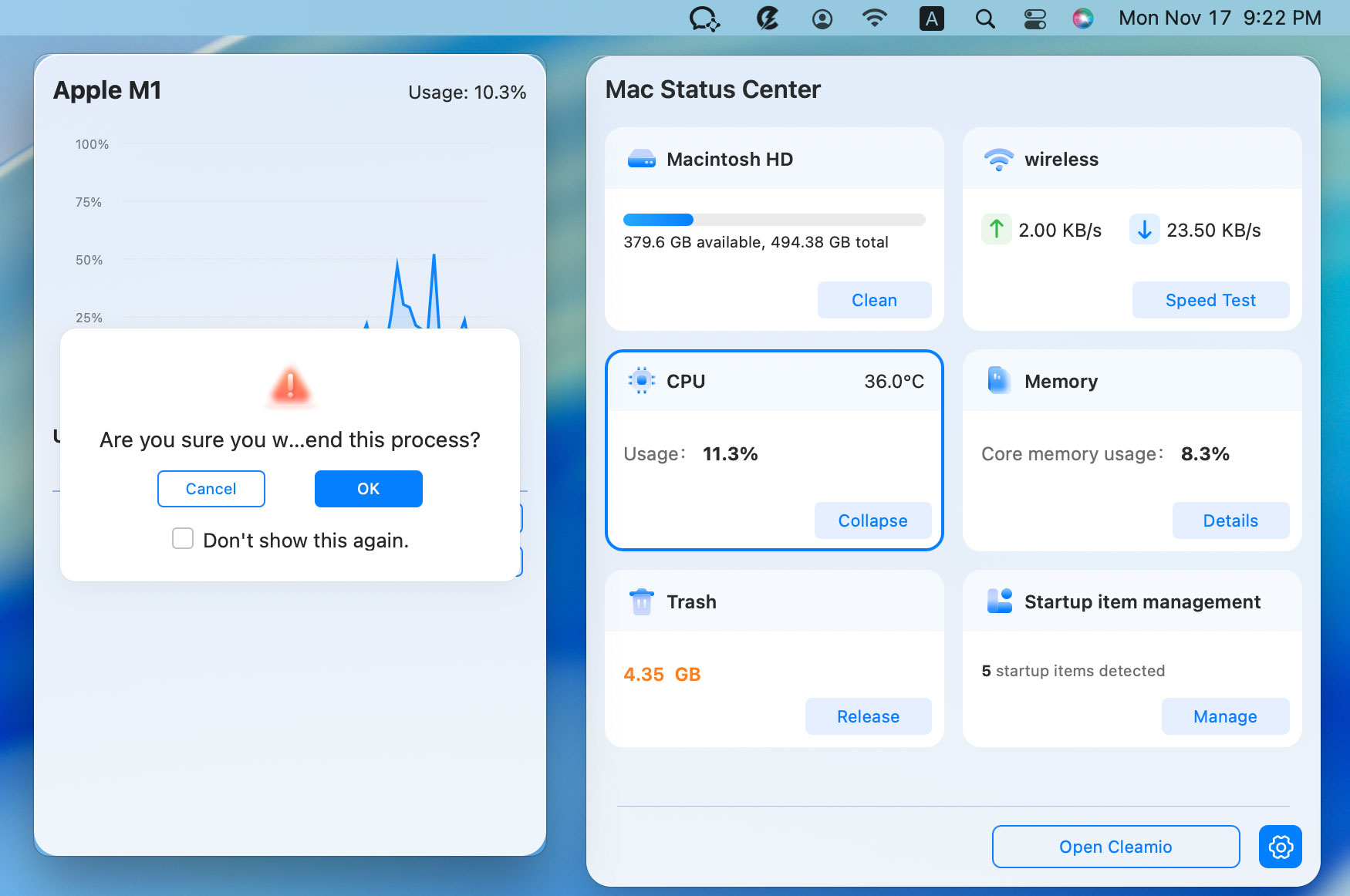
 ChatGPT
ChatGPT
 Perplexity
Perplexity
 Google AI Mode
Google AI Mode
 Grok
Grok

